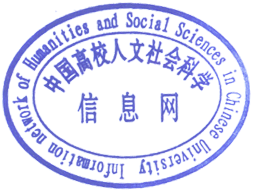关 键 词 :垃圾分类,碳小屋,五社联动学科分类:管理学--企业管理
随着经济不断发展和人民消费水平提升,垃圾分类治理问题日益严峻。实践经验表明,强制实施背景下政府主导与承包商、公众和环保组织为核心的多元主体协同机制,对于我国垃圾分类治理具有较好适用性。本案例研究采用案例分析法、问卷法、访谈法、观察法分析成都市武侯区碳小屋试点成效,将“碳中和”理念与垃圾分类有机结合起来,探索“政府主导+群众参与+市场化运作”垃圾分类新模式,总结在“双碳”时代新型城市高质量发展“五社联动”的垃圾分类政策中践行最佳路径。
As the economy continues to grow and people's levels of consumption rise, the issue of waste sorting management is becoming increasingly severe. Practical experience has shown that under the backdrop of mandatory implementation, a collaborative mechanism involving multiple stakeholders, with government leadership, contractors, the public, and environmental organizations at its core, is very suitable for waste sorting management in China. This case study uses case analysis, questionnaires, interviews, and observations to assess the effectiveness of the carbon cabin pilot project in Wuhou District, Chengdu. It explores a new model of waste sorting that integrates the concept of "carbon neutrality" with waste sorting and summarizes the best path for implementing waste sorting policies in the high-quality development of new urban areas during the "dual carbon" era, which is the approach of "five-community linkage".

